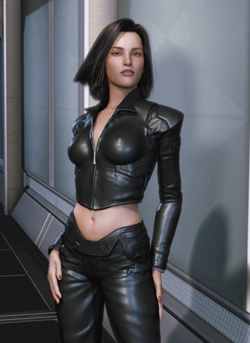|
From: voiceover1.com Talent News
That scenario isn't possible with today's technology. Some say that text to speech technology will never replace human voice-over artists. Text to speech, or TTS technology has become fairly common whenever a computerized application needs to "speak" with a customer or user. Some industrial applications and telephone services find it useful. The TTS industry admits that recorded material still provides the highest quality, so they pitch their product to those who want to avoid the cost of a real recording or for some other reason such as time constraints. If that sounds to you that they are talking about saving time and money (the two biggest lures for an industry to adopt a technology) you are correct. According to AT&T, some typical uses for TTS technology are:
So what is the current state of the art of TTS? For the applications mentioned above, it's pretty good, and getting better. If you'd like to hear the sound AT&T is achieving listen to a sample of their Natural Voices Text-to-Speech Engine. What you hear is huge improvement over the robotic voice with which we're familiar coming from simple talking clocks and Dr. Stephen Hawking's TTS computer. But, it's a far cry from a true human voice. Sure, you can tweak the pitch, tempo and other parameters. But just ask the computer voice to sound hungry or sleepy. Ask it to whine or cry or any of the other common requests of human voice actors. Perhaps this is why Hollywood, while tentatively embracing computerized visual actors, still must choose humans to add the life-giving voice to their cyber creations.
As stated before, today's technology isn't able to match human voices. But I'm convinced it will eventually happen. And when it does, imagine the issues it will raise for voice-over talent. On the bright side, your voice algorithm might be earning money for you under a usage license with no work on your part. Also, your voice could outlive you and become part of your estate. On the negative side, your voice algorithm could be copied and distributed illegally. You could hear yourself endorsing products, people and policies with which you don't want to be associated. It is most likely that generic voice algorithms will be created (as AT&T has already pioneered with their "Mary", "Mike" and "Sam" voices). In this way, no one will be able to lay legal claim to the performance. The darkest thought is that the low cost aspect of computer generated speech, once technically available, will be impossible for bottom-line driven media companies to resist. If our bosses find out that they can sell cars, furniture and food with a computer voice, they WILL do it. To comment on this article write to comment@voiceover1.com Natural Voices is a trademark of AT&T © Copyright 2003 by VoiceOver Broadcast Sound, Inc. |

